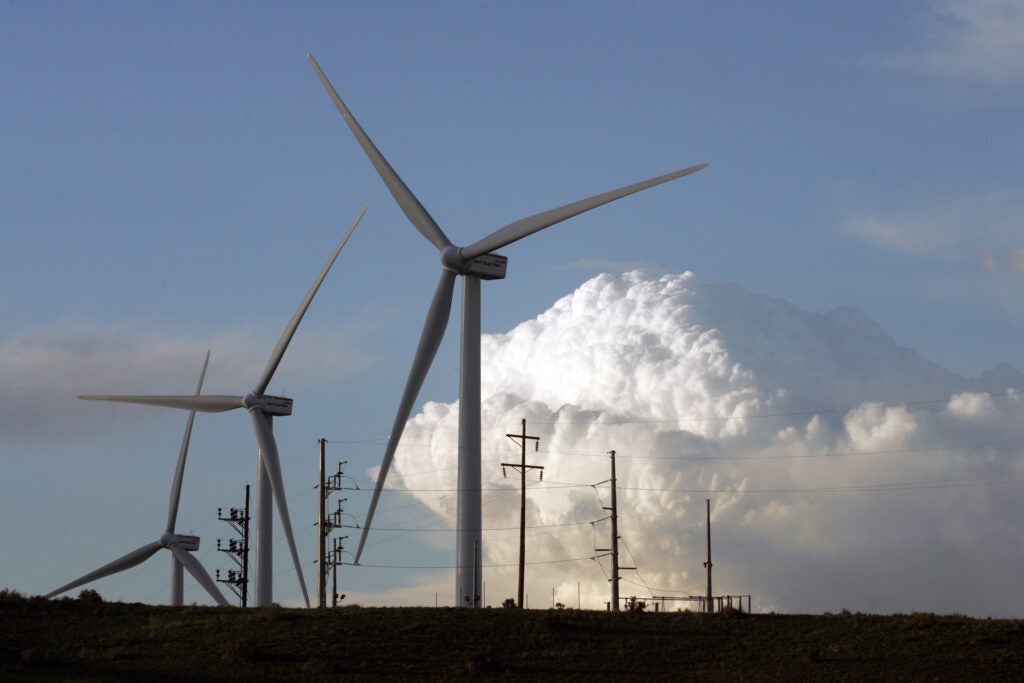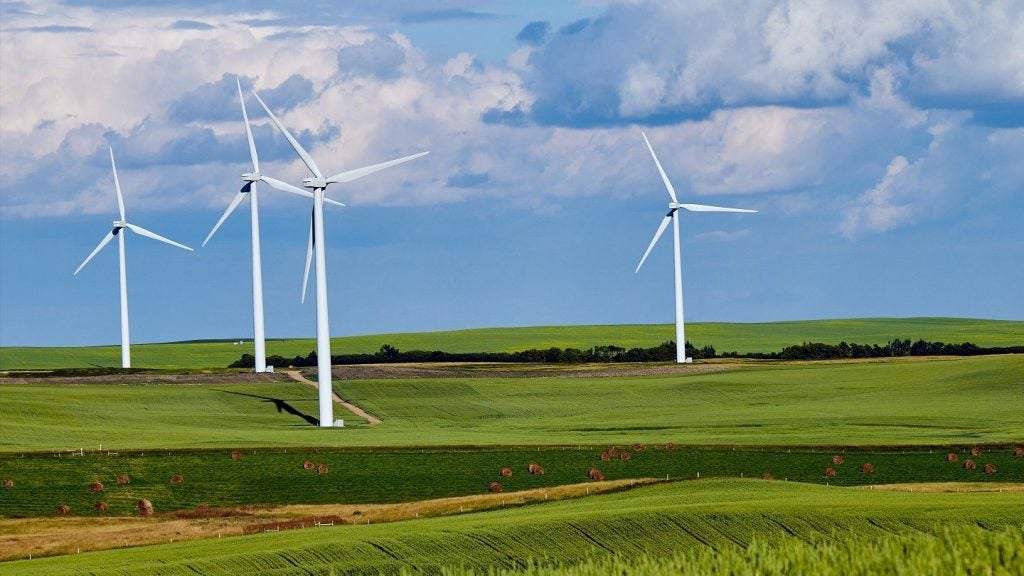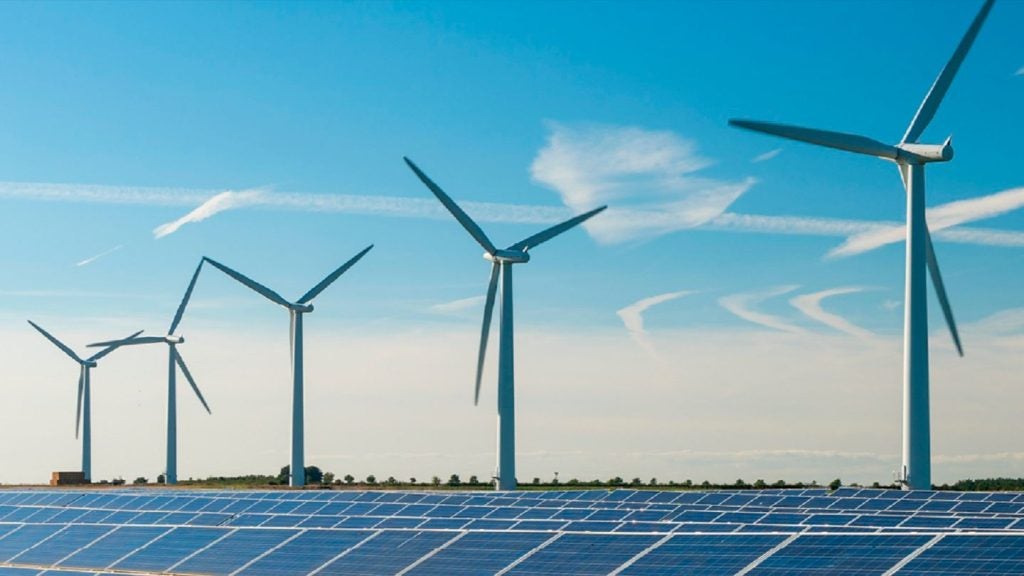The UK Government has announced plans to develop a virtual prototype of a nuclear fusion power plant that will operate in the 2040s.
The UK Atomic Energy Authority (UKAEA), the University of Cambridge, and technology giants Dell Technologies and Intel will collaborate on the project. The plant will be developed in a virtual environment known as the "Industrial Metaverse”.
The UKAEA is developing a nuclear fusion power plant in Nottinghamshire in the centre of the UK. The plant, known as Spherical Tokamak for Energy Production (STEP), will be used to demonstrate stable nuclear fusion.
The digital twin will enable the UKAEA to assess the feasibility of the project before commencing construction. The concept design is due to be completed by 2024.
Interest in nuclear fusion has recently risen following a series of systemic advancements. Fusion produces significantly larger amounts of energy than nuclear fission, the main nuclear power source used up until now.
“Exascale supercomputing, and the advent of the ‘AI era’ are essential and potentially transformative milestones that will help the UK to ensure STEP achieves its mission to connect fusion power to the national grid in the early 2040’s,” said Dr Rob Akers, head of advanced computing at the UKAEA, in a statement.
According to Adam Roe, technical director with Intel, the use of computational resources and simulations generated using artificial intelligence “can make the journey to commercial fusion power lower-risk and accelerated”.
The Industrial Metaverse
Virtual modelling of nuclear facilities has been used before to predict what might happen in specific environments. The Industrial Metaverse allows for industrial collaboration in a virtual space, but practical use of the metaverse remains limited.
The UKAEA hopes that the project will facilitate engagement at all points of the supply chain.
The UK Government has a target of producing 25% of the UK’s energy from nuclear generation by 2050. Nuclear generation is also counted under the government’s “low carbon energy”, which it hopes will make up 95% of its energy mix by 2030.
The announcement comes on the same day as the UK’s Climate Change Committee submitted a critical report to the government stating that it is falling behind in its climate ambition. The report criticised the government’s continued use of fossil fuels including approval granted to new North Sea drilling and a new coal mine.















